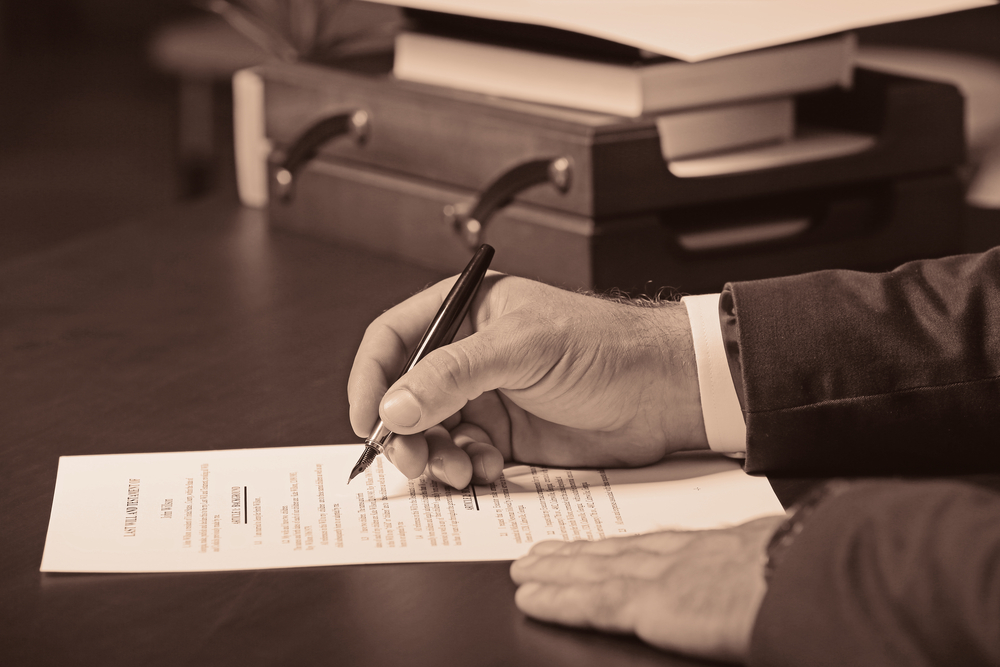The will found its origins in Ancient Greece and, like many things, has transitioned with Christianity and the evolution of English Law. It is arguably the single most important document we will create in our lifetime and yet, despite our long association with the will, creating one can still be a daunting task and one that many of us place on the checklist for another day.
When we die everything we own and owe becomes known as our estate and as the heading to this article suggests, your will is the instruction manual. Your will can tell people many things including who you want to administer and benefit from your estate, your desired funeral arrangements and who you want to care for your children.
The Wills Act 2007
When you die your original will must be validated in order for your executor(s) to be able to distribute your estate, this is called probate and probate is granted once the High Court declares that your will meets the formal requirements set out in the Wills Act 2007.
The general rule is that if the will is in writing and is signed and witnessed correctly then it will be validated however, there are other requirements that the Court must consider such as whether the will-maker had mental capacity and was at least 18 years of age at the time of execution.
It is important to know that making a will is not in itself final. A will can be challenged particularly if you have made promises in relation to your estate or if you haven’t provided for someone in a way that, legally, you should have. The only way to minimise this risk is to obtain legal advice when deciding on the contents of your will.
Is my will up to scratch?
While it is easier and more cost effective to ensure your will meets the probate requirements, the Court takes a broad approach and will seek to enforce your testamentary wishes when it comes to validating a non-compliant will.
This was demonstrated in the recent case of Estate of Anderson [2016] NZHC 3114 where a will-maker diagnosed with terminal cancer approached a solicitor to change her will which left her estate to her partner. The solicitor drafted a new will reflecting the will-maker’s intention to leave her estate to her family but it was never signed. Upon her death the solicitor sought to have the draft will validated on the grounds that her true intentions were set out in the unsigned will and after analysing the surrounding evidence and concluding that there were good reasons for the will not being signed (her terminal cancer) the Court agreed and validated the unsigned will.
What if I don’t make a will?
Having a will is not compulsory however if you don’t have one, you don’t get a say in the distribution of your estate and instead, your estate is distributed in accordance with the Administration Act 1969. This is known as dying intestate.
If you die intestate your property will be distributed based on your situation at the time of your death. The Act will look to whether you have a surviving de facto, civil union husband or wife, children, parents or siblings and will distribute accordingly, and in that order of priority. As such, while your estate is still distributed between your loved ones you don’t get to manage who gets what and how. It also does not account for any significant gifts that you may have made during your life time.
Do I need legal advice?
Like most things a will has terms and conditions and so when preparing your will it is important to obtain legal advice and not be drawn to the will-builder templates we find online particularly, as your will could be subject to a claim later.
While a will is vital to estate planning a well-rounded estate plan should consider a number of other matters including whether to establish or settle a trust and an enduring power of attorney in relation to both property and care and welfare.
If you require legal advice, our friendly team will be happy to help.

